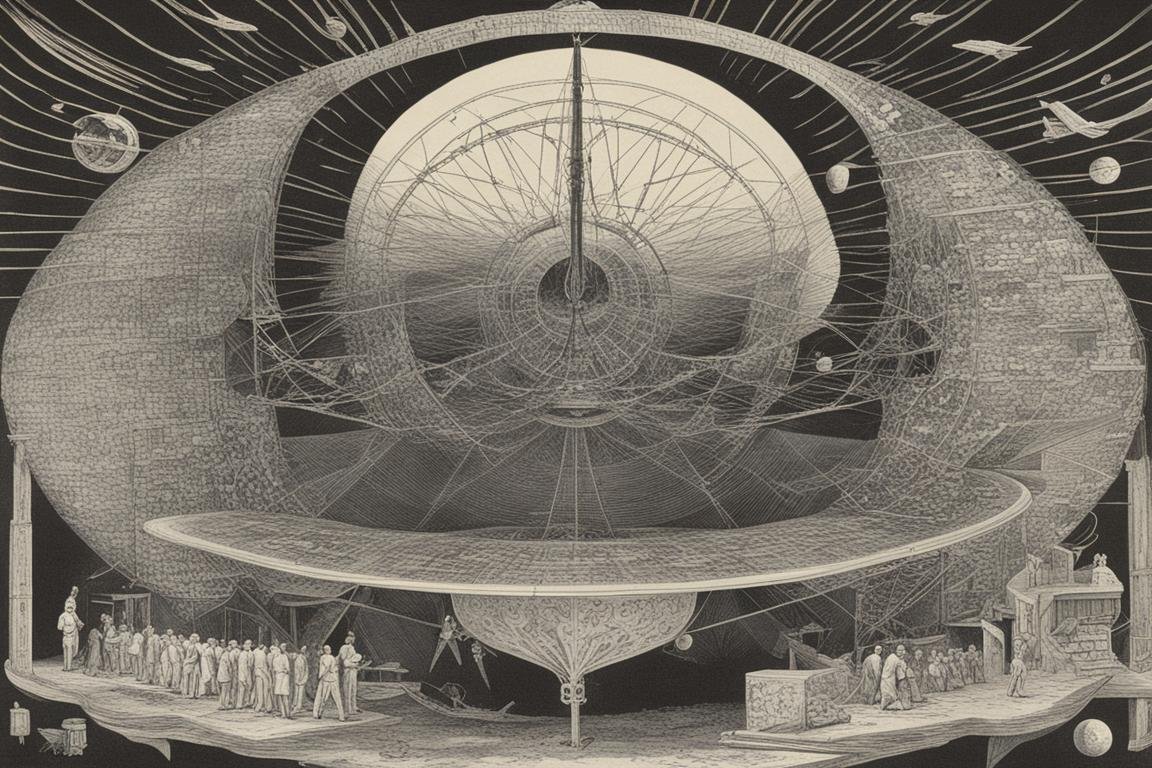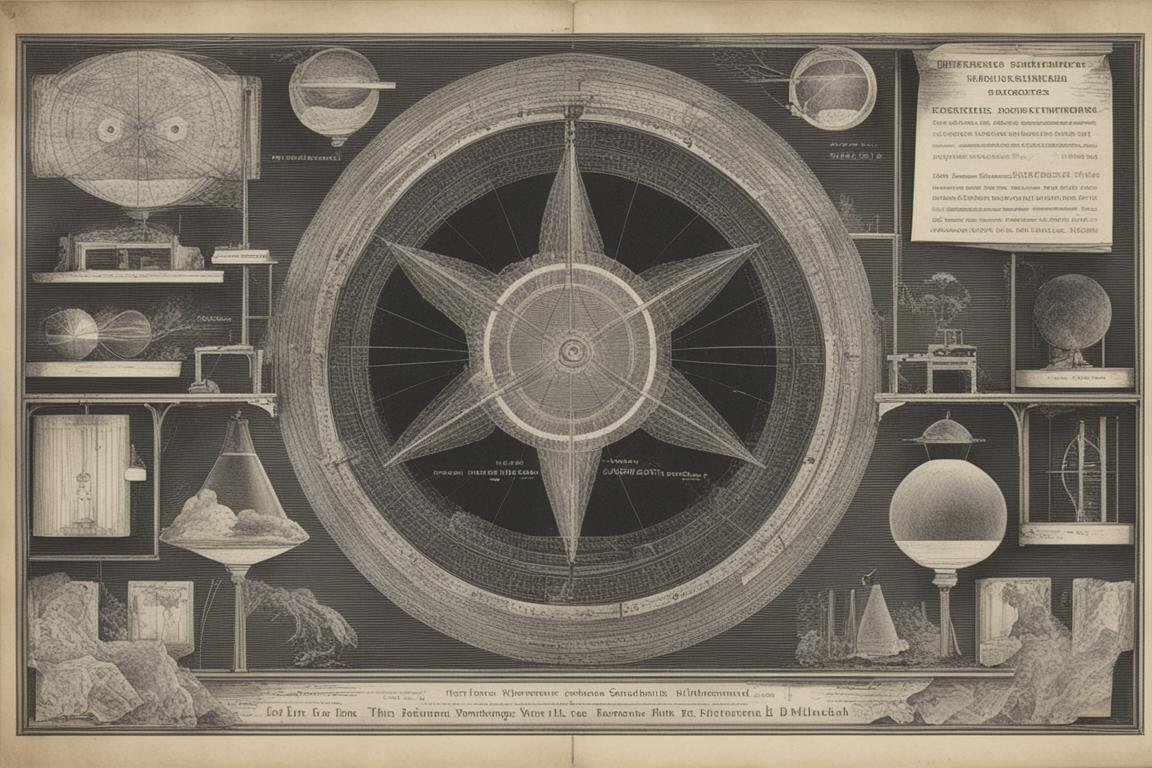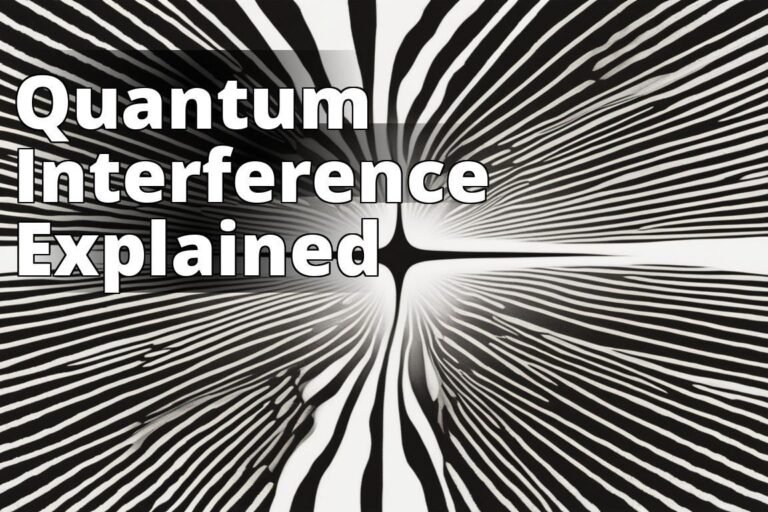The Physics of the Supernatural
Learn about how words impact thinking
- Words can influence our thoughts and perceptions.
- Language can shape how we understand and interpret the world around us.
- Exploring the connection between words and cognition.
Have you ever wondered how the whispers of ancient folklore and the rigid laws of physics could possibly coexist? In a world where science and the supernatural often find themselves on opposite ends of the spectrum, Lawrence M. Krauss, a theoretical physicist and acclaimed author, bridges this vast expanse with his groundbreaking book, “The Physics of the Supernatural.” This piece isn’t just another book summary; it’s a deep dive into how words, particularly those surrounding the supernatural, shape our understanding of the world, influencing not just what we think, but how we think.

The Physics of the Supernatural
At its core, “The Physics of the Supernatural” isn’t just a book; it’s a lens through which we can view the universe in a way we’ve never considered before. Krauss takes the reader on a journey beyond the veil of the visible, into realms where science and myth intertwine. Through his eyes, we see not contradictions but connections, not dismissals but possibilities.
One cannot discuss the supernatural without invoking imagery that stirs the imagination and challenges our perceptions of reality. It’s here, in the melding of fact with fiction, that Krauss excels, presenting complex scientific concepts in a manner that is not only accessible but riveting.
Insider Tip: Dive into the chapters discussing quantum mechanics and you’ll find yourself questioning if magic, in some form, might actually exist within the boundaries of scientific understanding.
A Scientist Explores the Mysteries of the Unexplained
What sets Krauss apart is his fearless approach to subjects often left untouched by the scientific community. He doesn’t shy away from exploring the mysteries of the unexplained; rather, he embraces them, applying the principles of physics in ways that illuminate the shadows where superstition resides.
One particularly fascinating aspect is his examination of how wordsspecifically those tied to supernatural phenomenaimpact our cognitive processes. By dissecting the language of the unexplained, Krauss reveals how our perceptions are molded, showing us that the supernatural may not be beyond understanding but merely beyond our current comprehension.

Buy the book:
Back Bay Books, Paperback, 9780316057904
For those who prefer the tactile sensation of flipping through pages, the paperback edition offers a convenient and portable way to delve into the mysteries that Krauss unravels.
Little, Brown and Company, Hardcover, 9780316155617
The hardcover edition is a testament to the durability of ideas, encasing Krauss’s thought-provoking exploration in a form that withstands the test of time.
Little, Brown and Company, eBook, 9780316041927
In the digital age, accessibility is key. The eBook edition ensures that no matter where you are, the secrets of the supernatural are just a click away.
About this Book
About the author
Lawrence M. Krauss, a luminary in the world of theoretical physics, has consistently pushed the boundaries of understanding, challenging us to look beyond the visible. His previous works, including the best-selling “Fear of Physics,” have laid the groundwork for this latest exploration, solidifying his reputation as a bridge between the worlds of science and the supernatural.
Related Links
Discover more about Krauss’s work and how it intersects with other fields of study, widening the lens through which we view the universe.
Related Books
Expand your understanding with a curated selection of titles that delve into similar themes, offering diverse perspectives on the intersection of science and the supernatural.
Conclusion
In “The Physics of the Supernatural,” Lawrence M. Krauss does more than just present a series of facts and theories; he invites us into a conversation that spans millennia. Through his eyes, we are encouraged to question, to explore, and to imagine a world where the boundaries between the known and the unknown blur. It’s a testament to how words, particularly those wrapped around concepts as elusive as the supernatural, wield the power to shape our thoughts, pushing us toward a future where the mysteries of today become the understood phenomena of tomorrow.
Krauss’s work is a beacon for the curious, a guide for the skeptics, and a treasure for those who find beauty in the search for understanding. It’s a reminder that the supernatural, much like the universe it resides within, is bound by laws we’re just beginning to comprehend. In the end, “The Physics of the Supernatural” isn’t just a book; it’s a doorway to a world where the only limit to what we can understand is the breadth of our imagination.

For those eager to embark on this journey, remember that the secrets of the universe are not always hidden in the light. Sometimes, they whisper from the shadows, waiting for the curious mind to listen.
Improve your reading experience and understanding of Krauss’s work by visiting our sitemap for more related content: /index.php?xml_sitemap=params=main;html=true
Questions & Answers
Q: How do words impact our perception in the physics of the supernatural?
A: Words can shape our thoughts on supernatural phenomena, influencing our beliefs.
Q: Who studies the connection between words and the physics of the supernatural?
A: Researchers in the field of parapsychology explore this intriguing link.
Q: What role do words play in shaping our understanding of supernatural events?
A: Words can frame our perceptions, affecting how we interpret the unexplained.
Q: How can we ensure that words do not bias our views on supernatural occurrences?
A: By staying open-minded and critically evaluating the language used.
Q: What objections might arise regarding the impact of words on supernatural beliefs?
A: Some may argue that words have no influence on our perception of the supernatural.
Q: How can we address skepticism about the influence of words on supernatural phenomena?
A: Through empirical studies and evidence-backed research in parapsychology.







